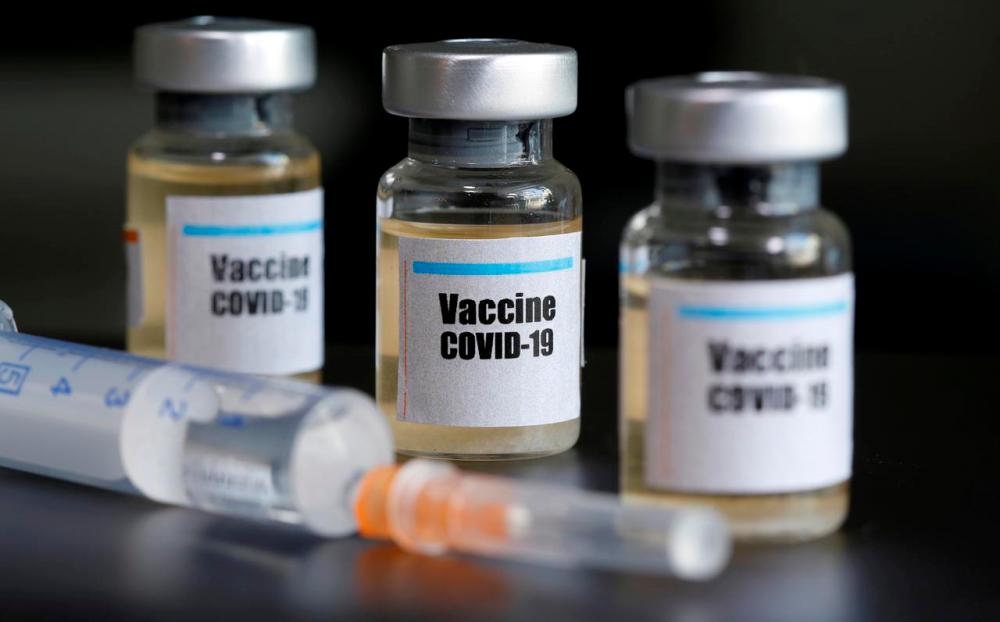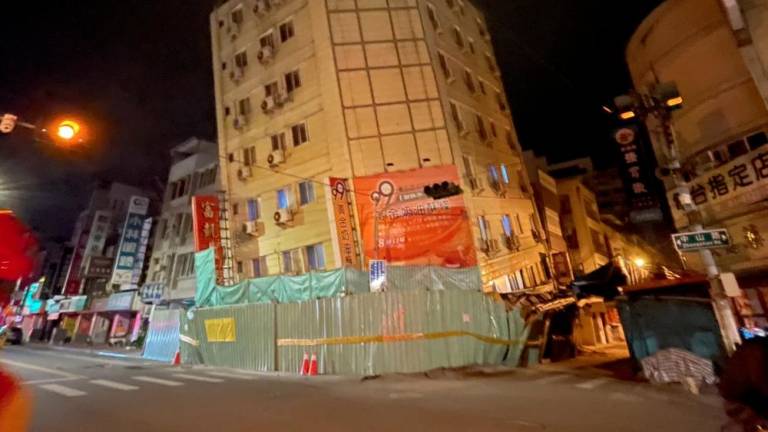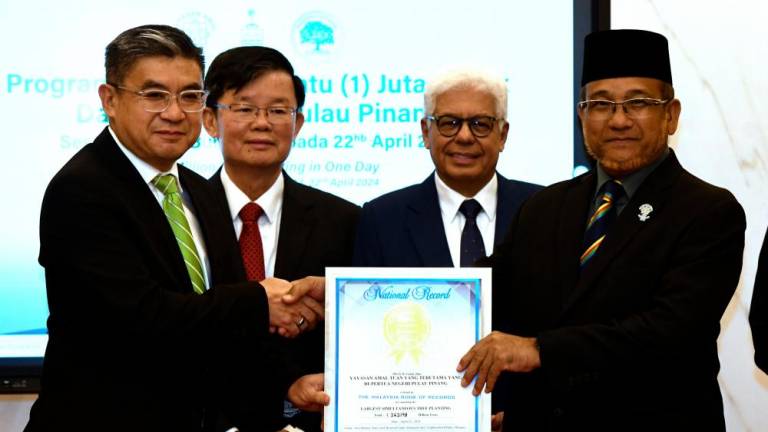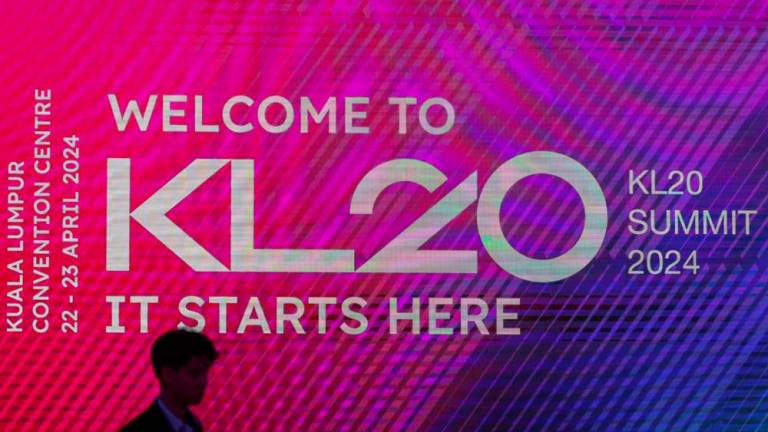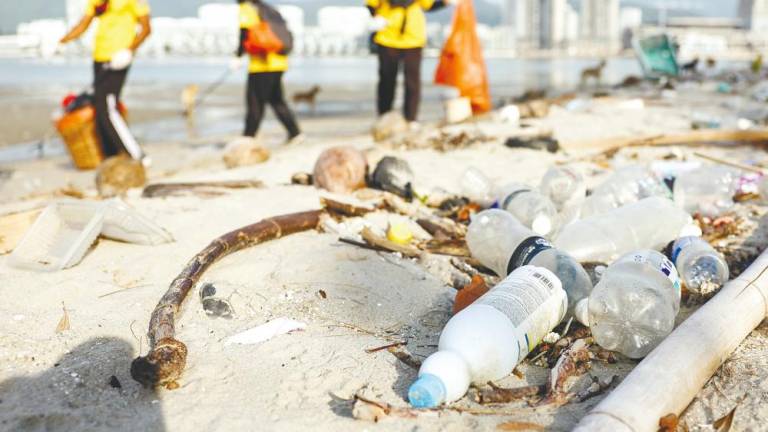KUALA LUMPUR: The news announced by Minister of Science,Technology and Innovation Khairy Jamaluddin last week that Duopharma Biotech Bhd and Pharmaniaga Holdings Bhd will be undertaking the fill and finish processes for a Covid-19 vaccine, should be met with cautious optimism, said the Galen Centre for Health and Social Policy.
“There are a number of issues which need to be addressed before we can reap the benefits of such an endeavour,“ said its CEO Azrul Mohd Khalib.
“As emphasised by the Deputy Health Minister Datuk Dr Noor Azmi Ghazali in Parliament yesterday, it could take a long time before a safe and effective vaccine becomes available and ready for mass rollout.”
“It could be even longer for a pharmaceutical or biopharmaceutical company which has developed a vaccine to proceed with a fill-finish agreement with a third party in a country which has not previously demonstrated a mature capacity in human vaccine manufacturing. We need to be realistic and manage expectations,“ emphasised Azrul.
“In pharmaceutical manufacturing, aseptic or sterile fill-finish operations are critical. It is the last step before a product is packaged and delivered to the patient. They demand sterile environments, higher levels of specialised expertise, equipment and innovation. Risks include loss of valuable vaccine batches, compromised integrity, and potential health risks to patients due to microbial contamination or product degradation. Patient
safety is paramount. It is not rebottling a soft drink.”
“The issue of cost will also be a concern. Although not starting from scratch, if the fill-finish operation demands a higher level of investment to bring the existing manufacturing infrastructure to the standards required to pass regulatory scrutiny, it could be less cost effective compared to purchasing it directly from the manufacturer, which would have economies of scale working to its advantage. It could actually cost more in the short term.”
“Malaysia’s record of intellectual property rights (IPR) in the life
sciences, specifically the pharmaceutical and biopharmaceutical sector, has taken a beating over the past three years. We need stronger commitment to IPR protections which would build confidence in our ability to manufacture innovative products.”
“More than 140 candidate vaccines are currently in the research and development pipeline. Many have gone into Phase I and II clinical trials, and several are posed to undertake Phase III. Data from these trials are coming in. However, optimistically, we are still at least a year away from the mass rollout of a safe and effective vaccine,“ stressed Azrul.
“The intention of the government to invest in building Malaysia’s capacity to develop and manufacture human vaccines is definitely the right approach in the long term and should be supported. We must be ready for future outbreaks. Strategic investment and strong commitment are needed as there is no shortcut to developing this capacity quickly at the scale that is being envisioned.”
“Developing the capacity to rapidly fill vaccine vials and finish packaging vaccines for manufacturers in a public health emergency, is an issue of national security.”



